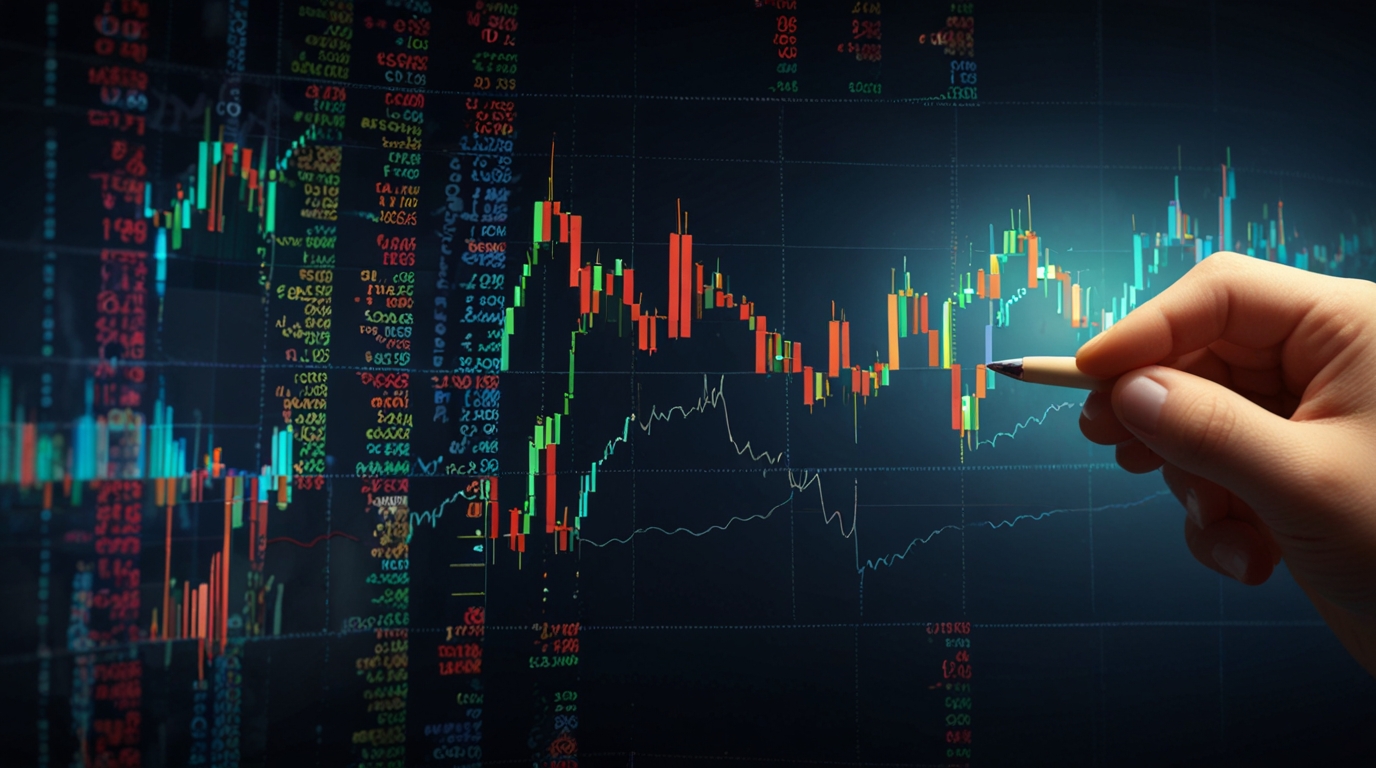The financial world can be a complex landscape, especially for beginners. Two terms that often get thrown around are “trading” and “share market,” and while they’re related, they’re not exactly the same. Understanding the key differences between these two concepts is crucial before you dive into the exciting world of investing.
The Share Market: A Marketplace for Ownership
Think of the share market (also commonly called the stock market) as a giant marketplace. Here, companies sell fractional ownership of themselves, called shares, to raise capital. Investors, like yourself, can buy these shares, essentially becoming part-owners of the company.
The share market provides a platform for:
- Companies: To raise funds for growth and expansion.
- Investors: To potentially grow their wealth by profiting from rising share prices and company dividends (a portion of a company’s profit distributed to shareholders).
The share market operates on a long-term horizon. Investors typically buy shares with the intention of holding them for months, years, or even decades, hoping the company’s value will increase over time, leading to share price appreciation and potential dividend income.
Trading: A Fast-Paced Game of Buying and Selling
Trading, on the other hand, is a more fast-paced activity. Here, the focus is on capitalizing on short-term price fluctuations of various financial instruments, not just shares. Traders aim to buy assets like stocks, currencies, or commodities at a lower price and then sell them quickly at a higher price to earn a profit.
Trading involves a lot of:
- Market analysis: Studying charts, trends, and news to predict price movements.
- Technical expertise: Using technical indicators and strategies to identify profitable trading opportunities.
- Active management: Constantly monitoring the market and making frequent trades.
Trading carries a higher degree of risk compared to share market investing. While the potential rewards can be significant, so can the losses.
Key Differences in a Nutshell
| Feature | Share Market Investing | Trading |
|---|---|---|
| Time Horizon | Long-term (months, years, or decades) | Short-term (days, hours, or even minutes) |
| Goal | Grow wealth through company growth and dividends | Profit from short-term price fluctuations |
| Risk | Relatively lower | Higher |
| Activity Level | Passive (buy and hold) | Active (frequent buying and selling) |
| Knowledge Required | Fundamental analysis of companies | Technical analysis and trading strategies |
drive_spreadsheetExport to Sheets
5 Burning Questions Answered
1. Can I do both trading and share market investing?
Absolutely! You can have a long-term investment portfolio for steady growth alongside a separate trading account for short-term opportunities. However, it’s crucial to understand the risks involved in each and allocate your capital accordingly.
2. Which one is right for me?
It depends on your risk tolerance, financial goals, and available time. If you prefer a more passive approach with a long-term outlook, share market investing might be a good fit. However, if you’re comfortable with higher risk, actively managing your portfolio, and dedicating significant time to market analysis, then trading could be an option.
3. Where do I start learning more?
There are numerous resources available online and offline to educate yourself further. Consider online courses, investment blogs, and books on trading and share market investing. Remember, knowledge is key!
4. Do I need a lot of money to participate?
Not necessarily. There are investment platforms with minimum investment requirements that can be accessible to new investors. Similarly, some trading platforms offer micro-accounts with smaller starting balances.
5. What are some of the risks involved?
Both trading and share market investing carry inherent risks. Share prices can fluctuate, and there’s always the possibility of losing money. In trading, the risk is amplified due to the short-term nature and potentially higher volatility.
Remember: Never invest more than you can afford to lose.
By understanding the differences between trading and the share market, you’ll be better equipped to make informed decisions about your financial future. Start with thorough research, choose a strategy that aligns with your goals and risk tolerance, and embark on your exciting financial journey!










